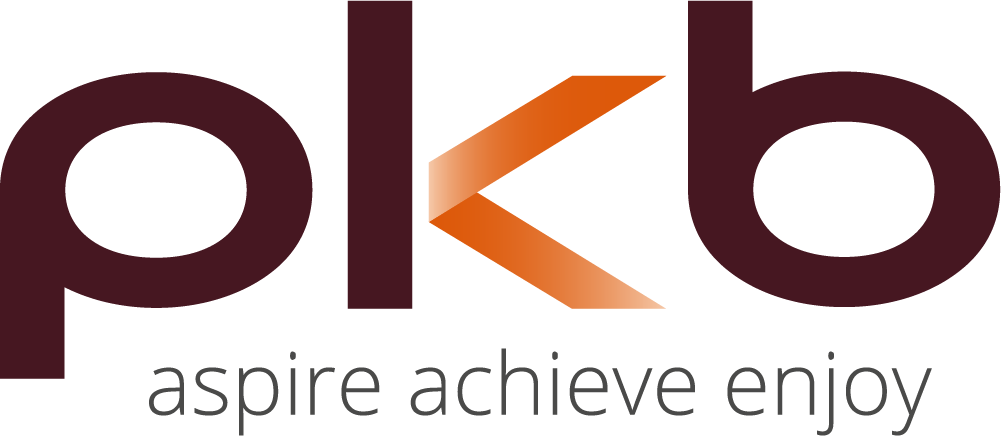Rishi Sunak’s spending review came with a warning that the UK is facing an economic emergency as the fallout from COVID-19 has begun. The Chancellor announced that there’s likely to be lasting damage to growth and jobs, with experts predicting the biggest economic decline in 300 years.
The UK economy is expected to shrink by 11.3% this year and is unlikely to return to its pre-COVID size until the end of 2022. Government borrowing will rise to its highest outside of wartime to deal with the economic impact and The Office for Budget Responsibility (OBR) expects the number of unemployed people to increase up to 2.6 million by the middle of next year.
There was however some good news to come out of Sunak’s spending review. He confirmed that the minimum wage – which has been rebranded as the National Living Wage – will increase by 2.2% – or 19p – to £8.91 an hour, with the rate extended to those aged 23 and over.
Other rates have also increased. From April 2021, 16 and 17-year-olds will see their pay go up to £4.62 per hour, from £4.55.
The Chancellor also announced a £4.3bn package of support to help the unemployed get back into work.
Finally, employers might soon have a wider pool of talent to choose from due to a new £2.9m restart programme, which aims to help more than a million unemployed people find work over the next three years.
What does the spending review mean for businesses?
More than £280bn has been spent this year to protect people’s lives and livelihoods from the fallout from COVID-19. An additional £55bn is expected to be spent in 2021/22. As a result of this, businesses can almost certainly expect to see tax rises announced in the March 2021 budget.
There is already speculation that the government may introduce changes to Capital Gains Tax, pensions relief or self-employment taxes. However, this will not be sufficient to cover the COVID-19 costs so there’s a strong possibility there will also be corporation tax, income tax, VAT and national insurance increases.
The big decision for the government will be to decide when to stop the support to the recovering economy – and when to start strengthening public finances by tax rises. The extreme uncertainty of coronavirus underlines how difficult that decision could be.
Businesses should strengthen their cash flow management now, before the support packages end and tax rises come into effect.
The most important advice we can give our clients is to take some time to plan ahead to look at maximising revenue and minimising or streamlining operating costs. We can provide you with templates and forecasts to do this or we can help you prepare accurate forecasts based on a number of scenarios and do a “what if” exercise on your business.
Inheritance tax could be another option for reform. Ahead of the March Budget, there was some speculation that this tax could be overhauled, as it faced criticism for complexity. In January 2020, a group of MPs recommended cutting the rate of inheritance tax, but removing almost all of the reliefs associated with it would help to prevent tax avoidance.
Any changes to inheritance tax might overlap with reforms to capital gains tax, as the OTS report highlighted some crossover between the two taxes.
Reports earlier this year also suggested that Sunak was considering increasing national insurance contributions for the self-employed, to bring them in line with the rate for employees.
Please talk to us about how we can help you make it through the next few months and prepare for recovery.
To read news and blogs from Rebecca Austin, click here >>


